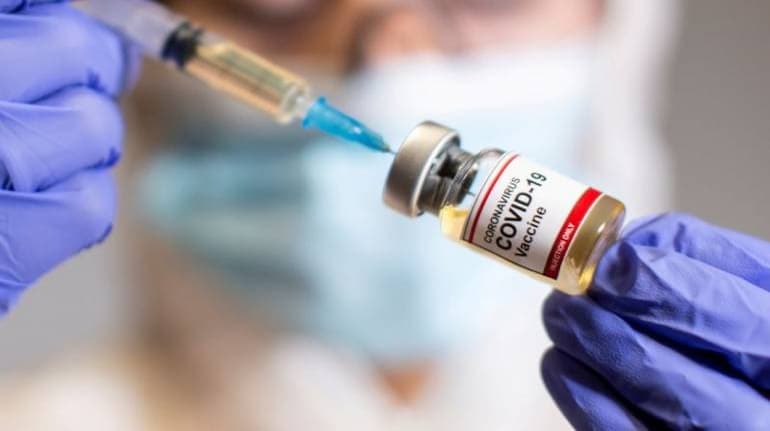The British government Wednesday outlined the complicated logistics involved in its trying to distribute the coronavirus vaccine.
COVID-19 vaccine (representative image)
British and U.S. officials sparred Thursday over how Britain had beaten the United States to authorizing a coronavirus vaccine, a debate encompassing regulatory standards and politics that has heated up as wealthy countries vie to receive the first shipments of vaccines.
Dr. Anthony Fauci, the director of the National Institute of Allergy and Infectious Diseases, said that British regulators had not scrutinized the data as carefully as their U.S. counterparts in the Food and Drug Administration.
UK PM Boris Johnson urges public not to get carried away with vaccine 'over optimism'
“We have the gold standard of a regulatory approach with the FDA,” Fauci said Thursday. “The U.K. did not do it as carefully and they got a couple of days ahead.”
Gavin Williamson, Britain’s education secretary, said Thursday that Britain had won the race to authorize the first fully tested coronavirus vaccine because its regulators were better than the French, Belgians or Americans.
“We’ve got the best medical regulators,” Williamson said. “We’re a much better country than every single one of them.”
Those remarks drew eye rolls from British scientists but also provoked more serious concerns that any chest-beating by government ministers since Britain became the first Western country to authorize a coronavirus vaccine risked undermining the public’s faith in one.
Several top lawmakers in Prime Minister Boris Johnson’s government have incorrectly cast Britain’s split with the European Union as the reason it authorized a vaccine first. In fact, Britain remains under the bloc’s regulatory umbrella when it comes to drug and vaccine approvals, and was able to move more quickly because of an old law enabling it to make determinations on its own in public health emergencies.
While, as a political matter, Brexit may have made it easier for Britain to authorize the vaccine early, the divorce has made the job of its medical regulators more difficult in other ways.
“Vaccine nationalism has no place in COVID or other public health matters of global significance,” said Jeremy Farrar, the director of the Wellcome Trust and a scientific adviser to the British government. “Science has always been the exit strategy from this horrendous pandemic — that science has been global.”
The British government Wednesday outlined the complicated logistics involved in its trying to distribute the coronavirus vaccine.
Roughly 800,000 doses of the Pfizer vaccine, developed with BioNTech, a smaller German company, were being packaged at the company’s Belgian manufacturing plant Wednesday for shipment to Britain. How and when they will arrive is being kept secret for security reasons, the company said, although the BBC reported Thursday that some of the doses were being transported by the Eurotunnel between France and Britain.
The logistics of moving, defrosting and preparing the vaccine meant it was going to be given only at 50 British hospitals to begin with. The vaccine must be transported at South Pole-like temperatures, and in trays of 975 doses.
But already Thursday, euphoria among British health officials and lawmakers of having authorized a vaccine was giving way to a realization of the difficult choices involved in how to administer it.
Hospitals had been preparing to vaccinate doctors and nurses in the country’s National Health Service first, even sending internal emails in recent days outlining plans for scheduling the shots. A government advisory committee has suggested that older or more vulnerable health workers, and doctors and nurses who work with fragile patients, would be among the first in line.
But by Thursday, hospital executives appeared to be having to change their plans: The government put a priority on vaccinating nursing home workers and people age 80 and older with previously scheduled appointments at hospitals that have the vaccine.
The government has not said when other employees of the National Health Service would be eligible for vaccines. Essential workers, such as teachers, transport workers and emergency medical workers, would not be vaccinated until after people 50 and older and those with underlying health problems.
The advisory committee plans had made nursing home residents a top priority, but they will have to wait until the government grapples with the added complication of distributing vaccines beyond hospitals. Pfizer and BioNTech have suggested this will be manageable, given that the vaccine can be stored for five days in a normal refrigerator before losing effectiveness.
(Author: Benjamin Mueller)/(c.2020 The New York Times Company)











_2020091018165303jzv.jpg)


























